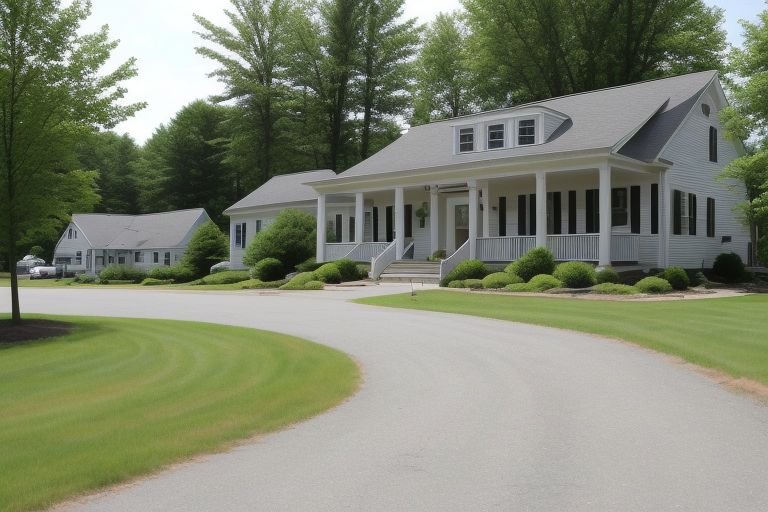
Amherst Town Board Faces Development Criticism
Its residents of Amherst, New York expressed their concerns in a town board meeting recenly held where they spoke on developmental plans,immigration, policies and the nonexistence of transparency from local authorities. The meeting was held in the Amherst Town Hall where there was a big attendance of people quite willing to be heard in issues concerning their province.
As the ideas for conversation, the problem of the development of the town and its further construction was one of the main themes. A few of the respondents mentioned that they are concerned about development occurring in Amherst and the rate and extent of such developments in the region by mentioning such concerns as soil erosion and depletion of natural resources, among others. Some requested slowness in urbanization to retain more vegetation and make the community retain its suburban look.
Transparency in operation of most local government organizations also formed the center of discussion during the meeting. Many people attending the meeting condemned the conduct of the town board in what they deemed to be closure of access to relevant information. Certain social facilitators found out that they were not getting information regarding development projects and policy changes that might affect them, hence the perception that citizens and the government do not trust each other.
To address these challenges, town board members said that they would enhance PUBLIC participation and ensure that they communicate more often with the PUBLIC. They put forward several measures such as regular and dedicated town-hall style forums, better means on the internet to access public records and documents, and initiation of advisory committees comprising citizens for specific issues & questions.
Another issue discussed during the meeting was how the Amherst authorities deal with the issues connected with immigration. For some residents, there is a need for the government to expand its policy to be friendly to immigrants in order to offer them a feeling of belonging and acceptance. Some residents, however, saw this as a hint of an exploitative and imminent drain of available resources. The discussion underlined that the questions related to immigration are not easy to solve at the local level and detailed critical approaches are required in order to find the ways of their resolution.
Based on these considerations, in the course of the deliberations, the town board called to create a special council working on the case and charged with the task of analyzing the effects of immigration on Amherst and issuing recommendations for the elaboration of comprehensible community-oriented policies. Overall, the attendees considered this action a sign of embracing inclusiveness and informed decision-making.
It also encompassed discussion on other on-going infrastructural developments in Amherst; the road upgrade and public transport systems. Some of the residents asked questions concerning the provision of funds for these projects and they demanded for more clarifications particularly in areas of expected duration of these projects and the inconveniences it is likely to cause to residents of the town.
Consequently, in their turn, town officials were able to give details on the progress of key projects such as bike avenues, parks, and water and sewerage systems, among others. They pointed out that these changes were important for sustaining and improving the quality of life in Amherst and respecting the notion that more should be done to publicize the achievement of these goals.
The end of the meeting was marked by the fact that both citizens and members of the town board stated their interest in increasing the level of discussion and cooperation in order to address the issues threatening Amherst. One of the changes the board made was to step up the number and regularity of public meetings and look into additional means of citizens’ participation.
It is evident that the meeting threw up several concerns that are of concern to people living in Amherst, but it also showed the people of Amherst as an active society prepared to take an active role in the society they live in to have the changes they desire. With the changes and growth going on in Amherst, the process of people and authorities’ communication and interaction will significantly reflect the town’s development.
The matters discussed in this episode of the town board correspond to the large neighborhood challenges that are common across the United States’ suburban areas with increasing populations. When it comes to development, immigration, and governance of the societies of the twenty-first century, the case of Amherst indicates that intelligible decentralised local governments and high-stake citizens’ participation are critical. The future results of these on-going discussions in Amherst may provide good examples to other similar like communities that may possibly encounter similar problems in the future.